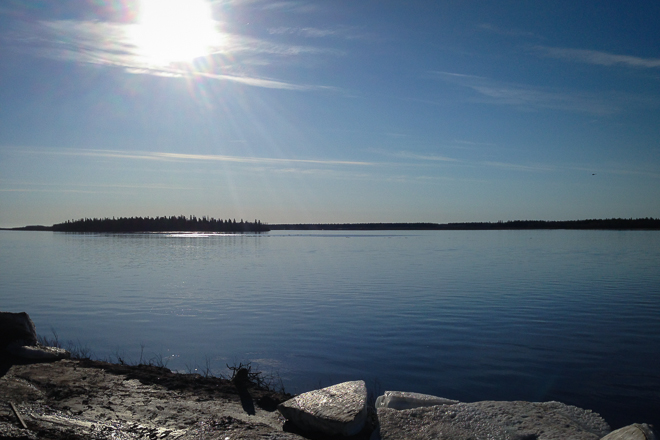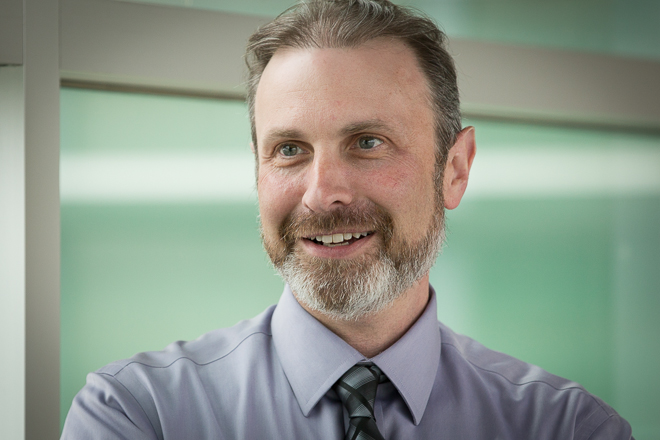UofGH shares innovative field course on Aboriginal mental health with international community
Those students who have traveled to northern Ontario’s Aboriginal communities to understand what’s behind the notable disparities in mental health outcomes have come back with similar thoughts:
“I did not know about our Aboriginal communities before reading the textbooks and learning in class. But coming up here – it’s just so different.”
“I had no idea.”
While field course instructor and Program Head of Psychology, Dr. David Danto, says one of the greatest rewards is to see his students choose the topic of Aboriginal psychology as they move on with their careers - he’s quick to add what’s most important to this new field of research.
“It’s mutually beneficial – first and foremost to the host community, as well as to the students who are privileged guests of these communities.”

For several years, Dr. Danto has been leading an innovative field course where students live their textbooks, so to speak. They visit with community leaders among the James and Hudson Bay Cree, and with those working in fields related to Aboriginal psychology.
He's now sharing his ideas with academic leaders and professionals from all over the world. In speaking at the 12th Annual Hawaii International Conference on Education, Dr. Danto is hopeful to inspire the development of courses like this, for the benefit of Indigenous communities and students the world over.
“Aboriginal psychology is an area that needs attention,” says Dr. Danto. It’s an area of research new to psychology in Canada, exemplified by the recent addition of its own section within the Canadian Psychological Association (CPA), for which Dr. Danto serves as chair.
It’s growing here, and it’s growing internationally.

“There is a recognition among academics internationally that Indigenous populations are marginalized in their countries. But from the standpoint of university research, it’s something we’re just beginning to understand. We’ve just begun to scratch the surface. Despite, of course, Indigenous people having known for some time the effects of marginalization.”
Just as no two people have the same experience, Dr. Danto stresses that no two communities have the same experience, either. “But we can learn from each other.”
“Regardless of the mechanism of oppression, we find marginalization. We find displacement. We know that Indigenous populations around the world show similar patterns in their reaction to colonial forces. We see these patterns manifest themselves in high rates of suicide, in poverty, in depression and in substance abuse.”
“We need to hear, the world over, what Indigenous populations are saying. Which is why this course relies on a fundamental position of listening.”
“Higher education is much more than educating students and contributing to society through research. It’s about contributing to the betterment of humanity as a whole.”


